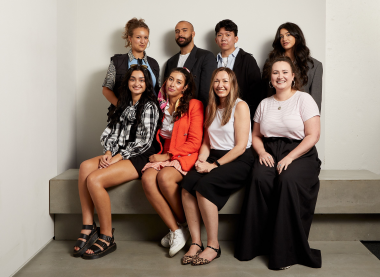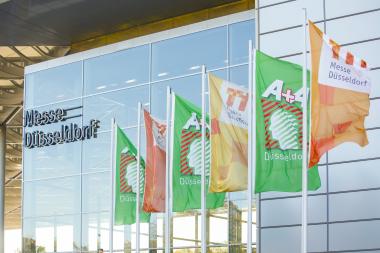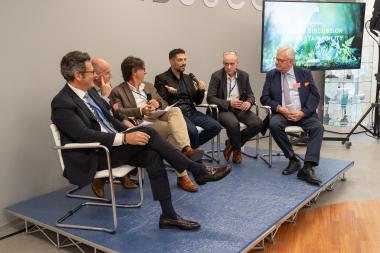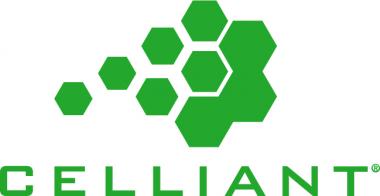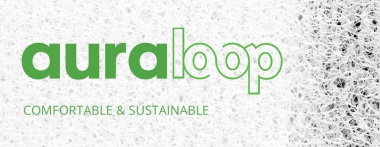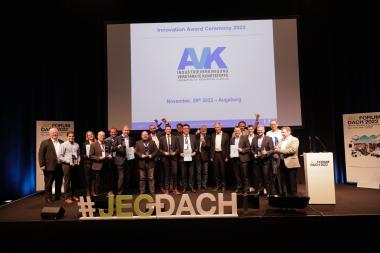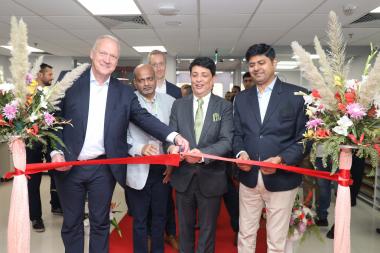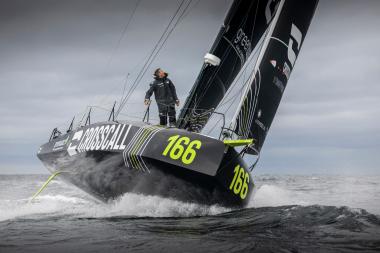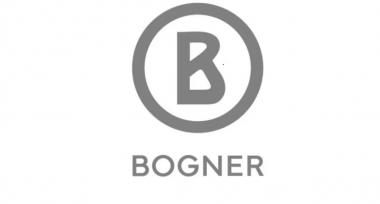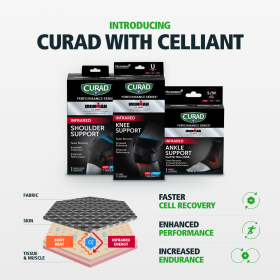C.L.A.S.S.: YOOX NET-A-PORTER and The Prince’s Foundation programme for students
The second edition of The Modern Artisan initiative has been supported by C.L.A.S.S. with its strategic sourcing, mentoring and presence during the official launch happened at the beginning of November at the Dumfries House, part of The Prince's Foundation. Two days to introduce a capsule that reflects the initiative’s commitment to advance sustainability in luxury fashion, preserve heritage textile skills and creates a new culture where respect, beauty and innovation are blended together. They also demonstrate the shared ambition of YOOX NET-A-PORTER and The Prince’s Foundation to preserve the planet for future generations. The Modern Artisan aims to position artisanship as a viable and attractive career path for upcoming generations, equipping them with the skills to help shape a more circular industry.
The 10-month paid programme supports eight British and Italian graduates through the end-to-end process of designing, handcrafting, and bringing a more sustainable luxury collection to a global market. During the programme, they were given the opportunity to showcase their work to His Majesty, then The Prince of Wales, at Dumfries House.
The 13-piece capsule marks the culmination of the second edition of The Modern Artisan, YOOX NET-A-PORTER’s and The Prince’s Foundation’s pioneering flagship training programme, which commenced in 2019. Building on the success of 2020’s first collection launch, this year’s YOOX NET-A-PORTER for The Prince’s Foundation capsule achieves a number of new milestones in YOOX NET-A-PORTER’s Infinity sustainability journey. It is the first collection to align 100% with the Infinity Product Guide, its sustainability and circularity design guidelines, and its first ever carbon neutral collection.
The design is inspired by Highgrove Gardens, run by The Prince's Foundation and renowned for sustainable and organic approaches to agriculture and horticulture. The Artisans were supported by industry experts from YOOX NET-A-PORTER, The Prince’s Foundation, and several mentoring designer brands, including Gabriela Hearst, Nanushka and Stella Jean among others.
C.L.A.S.S.


